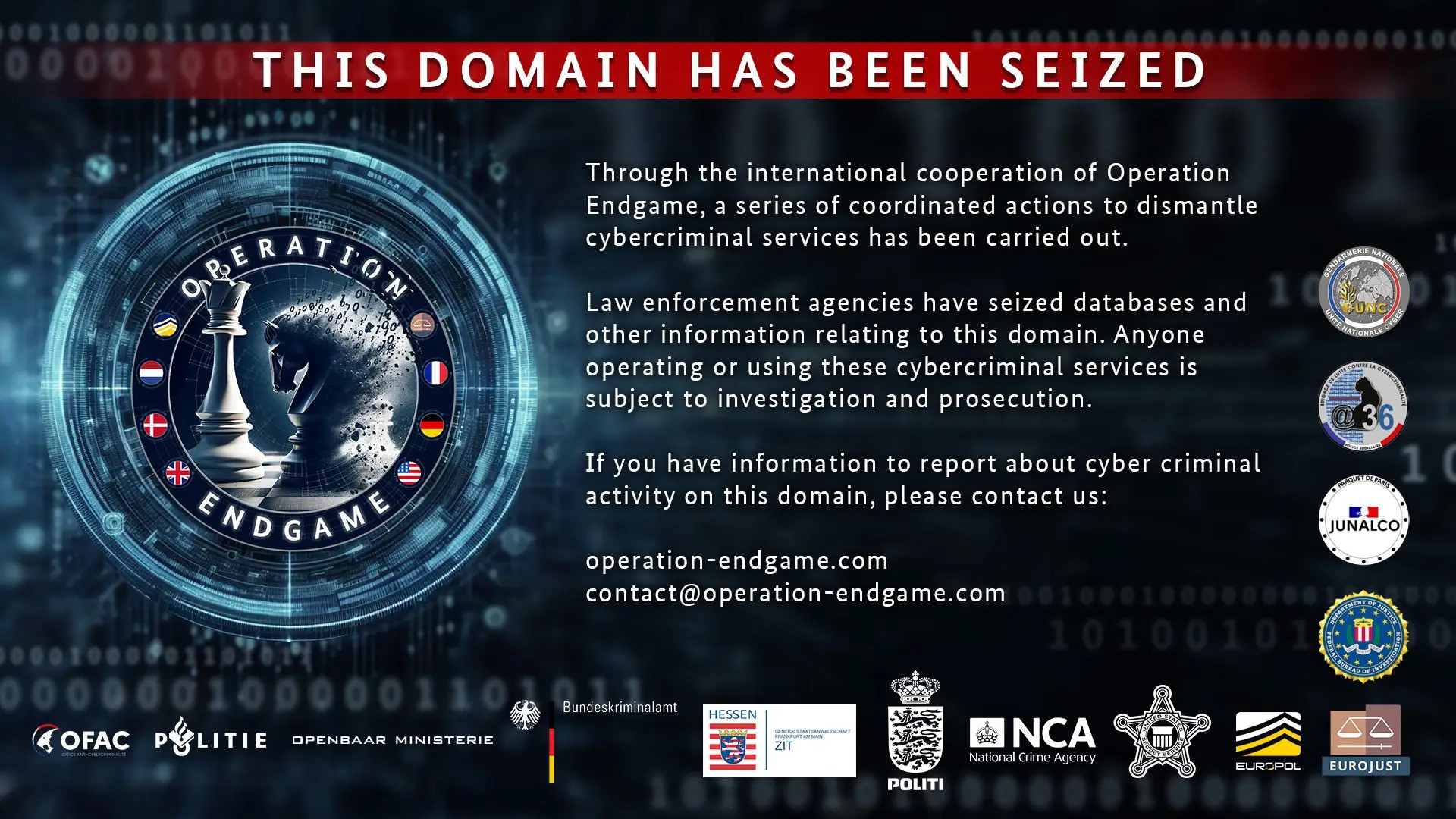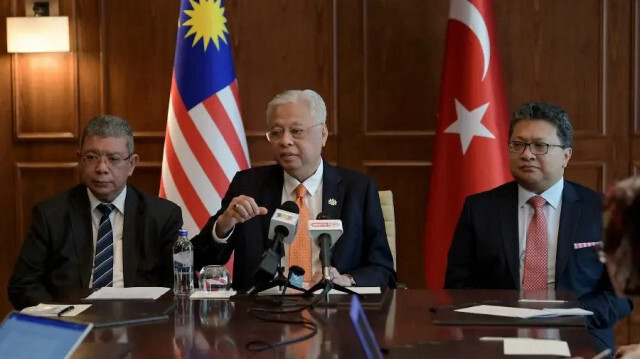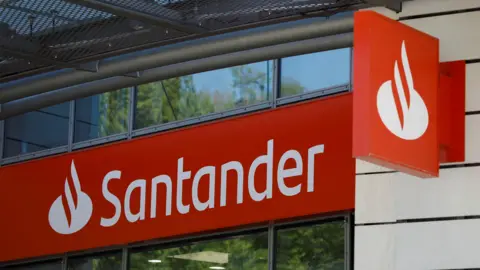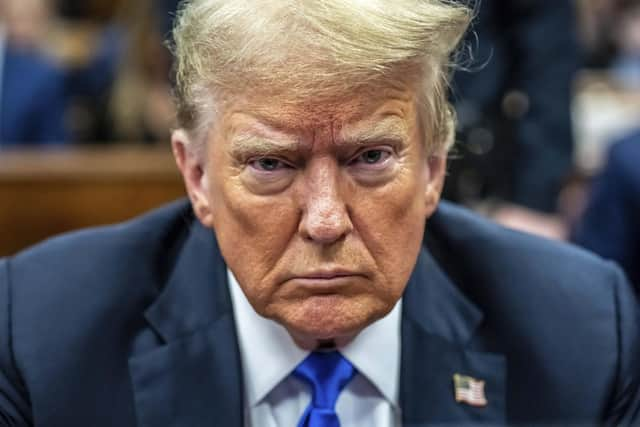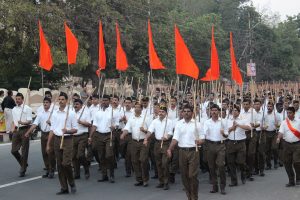In an echo of last year’s duel record-breaking performance by dramas The Porter and Brother, both BlackBerry and Little Bird shattered records at the final night of the 2024 Canadian Screen Awards.
But while those first two titles both became the most ever awarded at the CSAs last year with 12 wins apiece, there was one clear winner on Friday. BlackBerry, the cellphone company-centred drama helmed by Toronto’s Matt Johnson, took home three wins: with achievement in direction going to Johnson, performance in a comedy leading role to Jay Baruchel, and the film taking home the top prize of best motion picture.
BlackBerry had already collected 11 trophies at a gala last night that handed out the bulk of the film prizes, nabbing best adapted screenplay, best cinematography and best supporting comedy performer for U.S. actor Glenn Howerton. Its combined total of 14 is above any other film or TV show in the awards’ history — a sort of highly lauded validation of what industry insiders have called a much needed commercialization of Canada’s flagging cinema industry.
But before BlackBerry‘s trio of awards were handed out, Little Bird — the Jennifer Podemski-created series about an Indigenous woman impacted by the Sixties Scoop — briefly held that same title. After entering the day’s bash having already won 11 trophies (including best drama ensemble, best casting and best supporting drama performer for Braeden Clarke) it added two more wins on Friday. It won both of the categories it was eligible for on Friday, with best lead performer in a drama series going to Darla Contois and best drama series landing in its creators’ laps.
WATCH | BlackBerry dominates CSA nominations: ‘BlackBerry’ dominates Canadian Screen Awards with record-breaking 17 nominations
Limited series Little Bird and dramedy Sort Of received 19 and 18 nominations, respectively, dominating their fields of drama and comedy. Final gala ceremony to be broadcast on CBC on May 31
That total haul of 13 wins makes it the highest-awarded TV show in CSA history, though it wasn’t the only series to see some love.
Bria Mack Gets a Life won its sole award, though it was a big one — best comedy series. The Crave-hosted coming-of-age story centred around a Black Canadian woman prevailed in a hotly contested category: Crave’s Letterkenny, CTV’s Shelved, and CBC series Son of a Critch and sitcom Workin’ Moms‘ final season were all up for the award.
Son of a Critch did grab some gold in the end, taking home the Cogeco fund audience choice award. And on the reality television side, Canada’s Drag Race: Canada vs. The World capped an impressive performance. After winning six categories on Thursday, it added best reality/competition program or series to its list of accolades.
The annual celebration of the best in homegrown film, television and digital media is run by the Academy of Canadian Cinema & Television.
The awards themselves — with categories spanning from news, to sports to tonight’s big- and small-screen titles — come at a difficult time for the entertainment industry.
The show’s host, Toronto comedian Mae Martin, took a moment to jest about the industry’s troubled state. During their opening monologue, Martin said several friends had sent them an “encouraging” article in the lead-up to the show with the headline, “Can the 2024 Canadian Screen Awards save a film and television industry in crisis mode?”
Martin joked that they were ready to boost Canada’s screen industry with their comedic prowess.
“I think tonight we’re going to do it!” said Martin. “It’s a lot of pressure on my mild jokes, but I think we can do it.”
How successful they were from an audience perspective is still up for debate: Traditionally, the bash has been broadcast live to home viewers, but this year’s edition will air as a one-hour show consisting of taped tributes and highlights from the two-hour gala.
Appreciation for CSAs
But the Canadian talent at the show itself overwhelmingly voiced their appreciation for the night — regardless of their own wins.
Speaking at a red carpet ahead of the show, Alexandra Billings — nominated for her performance in Queen Tut — said she was particularly appreciative of the nomination, and the night in general. She said the Canadian Screen Awards allowed space for transgender actors like her, and other marginalized voices, to find support.
“We need to continue to tell our own stories,” she said. “This kind of thing celebrates that. Not just about the awards, but everyone in one room, that’s community. And that’s the foundation.”
And ahead of her win, Bria Mack Gets a Life creator Sasha Leigh Henry told CBC News the simple nomination was validating to her, and to stories about Black life in Canada.
“It was really, really, really so special to me, to have people affirm that they felt seen in it,” she said. “So this [nomination] is really the cherry on top of the cake, on top of the sundae.”
And in a somewhat surprising showing, Quebec’s Denis Villeneuve made an appearance to accept the Academy Icon award for his “exceptional, ongoing contribution to the media industry.”
And after assuring that work on the next instalment of Dune was well underway, he also expressed his appreciation for the awards — and the Canadian cinema industry in general.
“The amount of freedom I had here allowed me to experiment. It allowed me to fail, to make mistakes, it allowed me to grow up,” he said.
“The system here allowed me to find my voice. That voice helped me to work abroad, and that’s why it’s a fantastic place to be a filmmaker in Canada.”
WATCH | Denis Villeneuve talks about the importance of debuting Dune in Quebec: Dune director Denis Villeneuve on premiering the film in his home province of Quebec
Director Denis Villeneuve attended the Dune: Part Two premiere in Montreal on Wednesday. The French-Canadian filmmaker was born in Quebec and started his career in Canada before directing Hollywood films such as Arrival, Prisoners and Dune.
Also awarded on Friday were Children Ruin Everything, nabbing Meaghan Rath an trophy for best lead performer in a comedy (the show’s third trophy of the week), Twice Colonized for best feature length documentary, and Amrit Kaur’s best performance in a leading role, drama in The Queen of My Dreams. That film also took home the best original song award for its track Ishq Ki Na Koi Bhi Hud Hai earlier this week.
The decision to shift from a live show to a “live-to-tape” one — where pre-taped events from previous nights will be spliced into Friday’s show to air later in the evening — was contentious. In an interview earlier this week, Academy CEO Tammy Frick said, “The majority of the show will very much feel like a live show.”
She said the organization listened to feedback on last year’s pre-taped, hour-long telecast hosted by Samantha Bee, which was largely panned for featuring segments taped in New York well ahead of the event.
In the days leading up to the telecast, the experiment drew criticism from industry figures including Eugene Levy, who argued Canadian creators deserved a live celebration.
